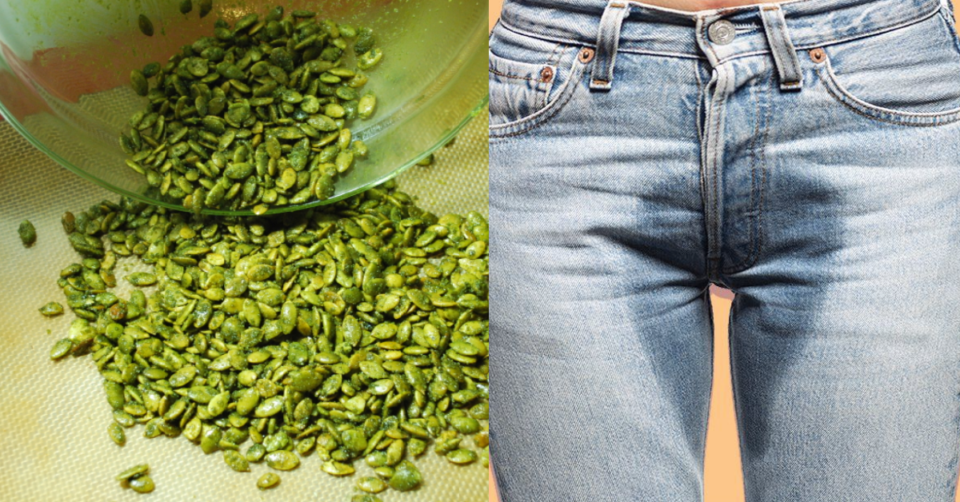Overactive bladder (OAB) is a common urinary condition characterized by a sudden and uncontrollable urge to urinate, often resulting in frequent urination and nocturia (waking up at night to urinate). While medical treatments are available, incorporating home remedies into your daily routine can offer additional relief and improve bladder control.
Understanding Overactive Bladder
Overactive bladder occurs when the muscles of the bladder contract involuntarily, causing a sudden urge to urinate. This condition can be triggered by various factors, including neurological disorders, bladder infections, certain medications, and lifestyle factors such as caffeine consumption and dehydration.
Home Remedies for Overactive Bladder Relief
1. Pelvic Floor Exercises (Kegel Exercises): Strengthening the pelvic floor muscles can help improve bladder control and reduce urinary urgency. To perform Kegel exercises, tighten your pelvic floor muscles as if you were trying to stop the flow of urine. Hold for a few seconds, then relax. Aim for three sets of 10 repetitions daily.
2. Bladder Training: Bladder training involves gradually increasing the intervals between bathroom trips to train your bladder to hold more urine. Start by delaying urination by 10-15 minutes and gradually increase the interval over time. This technique can help reduce urinary frequency and urgency.
3. Fluid Management: Monitoring fluid intake and avoiding bladder irritants can help manage overactive bladder symptoms. Limiting caffeine and alcohol consumption, as well as avoiding acidic and spicy foods, can decrease bladder irritation and urinary urgency.
4. Scheduled Bathroom Breaks: Establishing a regular bathroom schedule can help retrain your bladder and reduce the frequency of urinary urges. Aim to empty your bladder at scheduled intervals throughout the day, even if you don’t feel the urge to urinate.
5. Herbal Supplements: Certain herbal remedies have been studied for their potential benefits in managing overactive bladder symptoms. Examples include: – Pumpkin Seed Extract: Some studies suggest that pumpkin seed extract may help improve bladder function and reduce urinary frequency. – Gosha-jinki-gan: This traditional Japanese herbal medicine has shown promise in reducing urinary frequency and urgency in some individuals with overactive bladder.
Pharmaceutical Drugs for Overactive Bladder
In addition to home remedies, several pharmaceutical drugs are available for the treatment of overactive bladder. These medications work by relaxing the bladder muscles and reducing urinary urgency. Commonly prescribed drugs include:
1. Anticholinergics: These medications block the action of acetylcholine, a neurotransmitter involved in bladder muscle contractions. Examples include oxybutynin, tolterodine, and solifenacin.
2. Beta-3 Adrenergic Agonists: Drugs like mirabegron work by stimulating beta-3 adrenergic receptors in the bladder, leading to relaxation of the detrusor muscle and increased bladder capacity.
3. Combination Therapy: Some medications combine anticholinergics with beta-3 adrenergic agonists for enhanced efficacy, such as solifenacin/mirabegron (Symplicity).
4. Topical Estrogen Therapy: In postmenopausal women, topical estrogen therapy may help improve bladder control by restoring the strength and elasticity of the vaginal and urethral tissues.
Conclusion
While overactive bladder can significantly impact quality of life, incorporating home remedies such as pelvic floor exercises, bladder training, fluid management, and herbal supplements can provide relief from symptoms and improve bladder control. Additionally, pharmaceutical drugs are available for those who require further management of their condition. It’s essential to consult with a healthcare professional for personalized advice and guidance on managing overactive bladder effectively.

